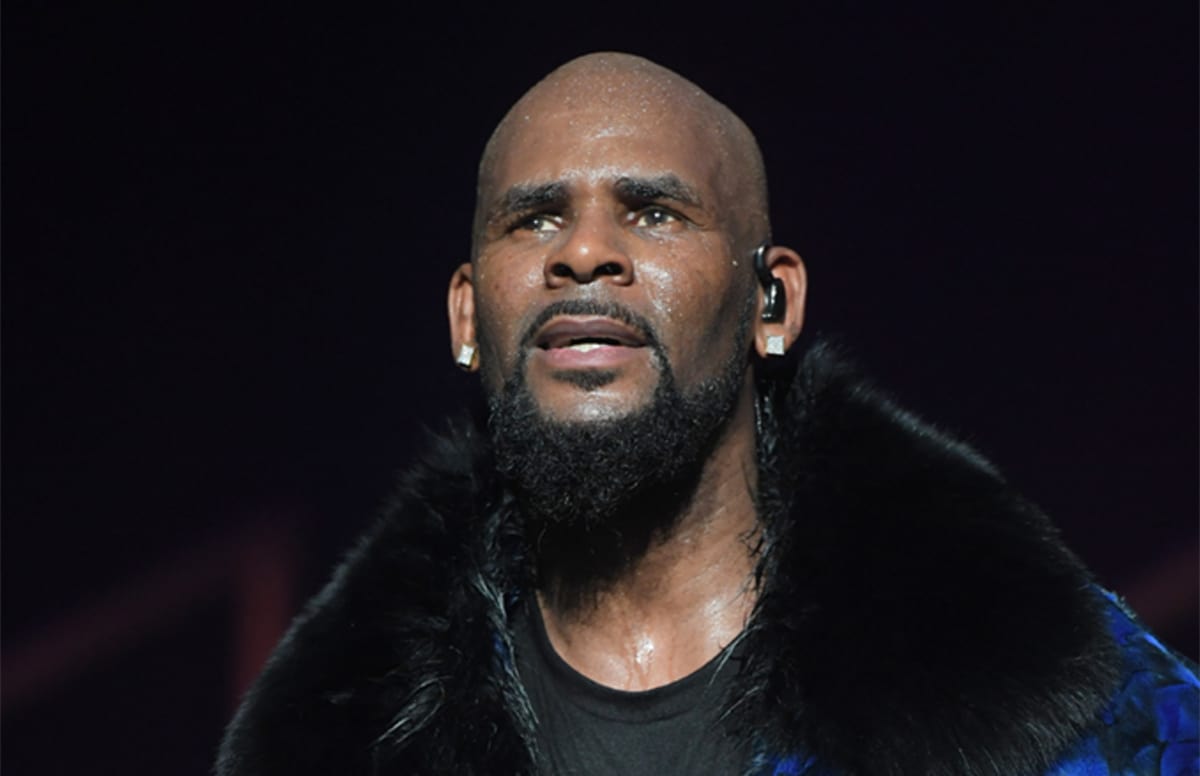Last month, Spotify announced a new “Hate Content and Hateful Conduct” policy. The policy targeted music that suggested hate or violence, as well as artists who acted violently in their personal lives. Spotify revealed the company does not believe in censorship but wants its promoted music and artists to align with the values of the company.
In the company’s original statement, Spotify said, “We love that our platform is home to so much diversity because we believe in openness, tolerance, respect, and freedom of expression, and we want to promote those values through music on our platform.”
“However,” the company said, “we do not tolerate hate content on Spotify — content that expressly and principally promotes, advocates, or incites hatred or violence against a group or individual based on characteristics, including, race, religion, gender identity, sex, ethnicity, nationality, sexual orientation, veteran status, or disability.”
Two artists, R. Kelly and XXXTentacion, were specifically targeted by the policy, and their music was removed from company-created playlists. Although their music was not removed from the platform, they were no longer being promoted by Spotify.
R. Kelly was accused of sexual abuse and child pornography, the latter of which he was acquitted from, whereas XXXTentacion is on trial for beating his pregnant girlfriend.
The company decided to rescind the policy after receiving criticism about censorship. Kendrick Lamar, for example, threatened to pull his music from the platform after hearing about the policy and its effect on XXXTentacion. Spotify will specifically drop the piece of the policy targeting the artist’s personal life.
The company said, “While we believe our intentions were good, the language was too vague, we created confusion and concern, and didn’t spend enough time getting input from our own team and key partners before sharing new guidelines.”
R. Kelly was positively affected by the change in policy. According to Nielson Music, he receives more than 6.5 million streams every week. But during the week in which Spotify announced the new policy, the artist received around 6.7 million streams.
The company’s change did, however, affect the streaming of XXXTentacion’s single “SAD!” As a result of the policy, the single had a 17 percent daily decrease in streaming, which would lead to a $60,000 yearly deficit, according to The Fader.
How can the company decide which artists to pull? A large number of artists talk about hateful or inappropriate content in their songs. Many also have personal backgrounds of violence. Why were only two specific artists targeted by the policy? Does the company have the right to remove artists for their content and behavior, even if the artists were not officially charged?
People are wondering why other artists were not included in the Spotify ban, including a representative of XXXTentacion. According to The New York Times, the representative believes 19 other artists should be included in the ban after sexual allegations, including Michael Jackson, Dr. Dre and Gene Simmons.
UltraViolet, a women’s advocacy group, was disappointed in the rescinding of the policy. The group believes further action should be taken to stop the spread of hateful and violent speech, especially toward women. In addition to R. Kelly and XXXTentacion, the group believes Chris Brown and Eminem should be held accountable for their actions.
“When music platforms promote abusers, they allow those abusers to reap in profits, lining their pockets in royalties and expanding their fan bases,” said Shaunna Thomas, the co-founder and executive director of the women’s advocacy group.
“This normalizes violence against women. Spotify’s values are now clear for all to see: Abusers take priority over survivors of their crimes. We will not forget their decision.”

















